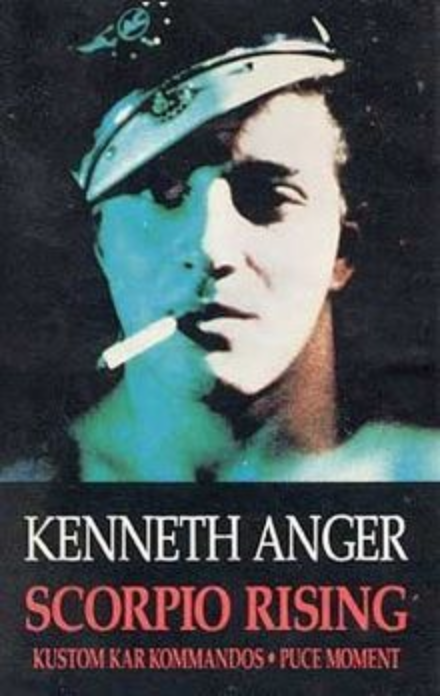
Very few would commonly connect Gay pride, 50’s nostalgia, avant-garde film, and motorcycle culture. Kenneth Anger did so regularly, through a variety of strange and beautiful films. Today I will be celebrating the masterpiece that is Scorpio Rising (1963)
Ignoring any technical cinematic innovations, this film was noted for something which would become standard in film but at the time was not well understood: a 1950’s revival soundtrack. Anger’s film features songs that you have certainly heard many times, but you have not heard them used in this way, and you have never considered the great darkness that they hid in their pleas and snarls.
The movie was made in the early 60’s and thus, the era that Anger was celebrating was hardly gone by the time he was active.
However, he was doing something significant: celebrating a culture that was clearly gone by the time he was active, even in a matter of years.
The 1950’s were high wired, plagued by the end of one war and the beginning of a new and confusing one. The popular music of this period was happy but often laced with double meanings and deeper emotions than the artists were allowed to convey in a strictly conservative society.
As musicians began openly experimenting in the 1960’s, Anger made the intriguing choice to rely on music that had fallen out of fashion. Why?
Anger was well connected. He was so revered by the counterculture that he rejected a soundtrack made by Led Zeppelin for his film Lucifer Rising. Mick Jagger created an electronic soundtrack for one of his films, and in a strange twist, a convicted member of the Manson Family scored an Anger film. He was a regular Anton LaVey’s Church of Satan, where Marilyn Manson was an honorary priest.
But none of those new rebels could convey the longing that artists like The Angels and Claudine Clark did in the retro music that Mr. Anger decided to use in his film.
A repressive society and a highly censored music industry created a unique challenge for popular artists in the 1950’s. They had to express their desires and intentions in discreet ways through acceptable language. This meant that the Ronettes used heavy eye shadow to creatively imply their rebellious intentions, and others had to sing with heightened passion to show that there was meaning beyond their happy-go-lucky lyrics.
Lucifer Rising has a unique challenge: it intends to mock a highly repressive society by portraying a group of menaces who make no attempt to conform to high cultural demands while utilizing slap happy 50’s pop music to show that stranger things lurked below the surface of those seemingly innocent recordings.
“My Boyfriend’s Back” seems sinister as the trio claps to the beat when juxtaposed with images of the rough-and tough biker gang in the film. If David Lynch didn’t make “Blue Velvet” by Bobby Vinton terrifying enough for you in his film of the same name, try hearing it while watching a man clean a motorcycle with the angel of death hovering above him. Kris Jensen’s “Torture” has an eerie quality on it’s own, but as Anger’s unapologetic gang rides in the short film, a tune that already may have left you wondering about it’s real meaning is even more bewildering.
The strongest connection that Mr. Anger creates is with Claudine Clark’s “Party Lights”. As he plays this song, the Gay biker gang enters a barn for a party, and Anger superimposes images of Jesus Christ and his disciples entering a different barn for a meeting of their own, suggesting that the two aren’t so far off.
This image was offensive to many in the era, and I would imagine that this has not changed. The film was so offensive, in fact, that police ripped the film from projectors in the Bay Area when it was first screened, and it became one of the avant-garde films in the 60’s which would define obscenity and free artists down the road to exercise their imagination as they pleased.
In a sense the film achieved the stated goal of the avant-garde, which loosely translates to ‘front battleline’. The film pushed the guard forward, freeing artistic soldiers to follow with pride.
It’s depiction of gay men as proud and heroic was almost unprecedented, and at a time when Hell’s Angels were terrifying the West Coast, a biker gang was not exactly sympathetic.
In this way it was an important film, but I believe that it’s soundtrack was a large part of it’s legacy.
After this film, American Graffiti, The Big Chill, Forrest Gump, and many films in between would utilize the complex and seemingly joyous sounds of Wall of Sound pop to create a sense of joy and serenity.
But few others saw so much sorrow and strangeness in songs that represented pure bliss to most untrained ears.
Standout Tracks:
“My Boyfriend’s Back”
“Party Lights”
“Fools Rush In (Where Angels Fear to Tread)”
“Point of No Return”
By Jacob Newman

